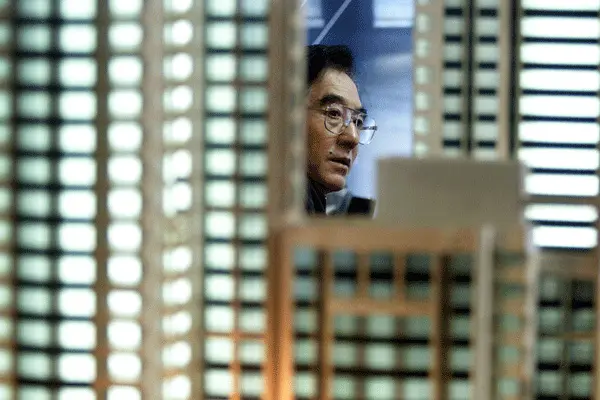As France is still grappling with the pains that came with the horrendous attacks earlier this month, Muslims living in the country find themselves increasingly misunderstood amid an outpouring sentiment for free speech.
The bloody rampage, started with a storm-in attack on satirical magazine Charlie Hebdo, resulted in 17 deaths in one of France's worst tragedies in decades.
The popular thought that Charlie Hebdo was attacked because of what it said (ie, its controversial depiction of the Prophet Muhammad) has prompted an uproar in defense of the freedom of expression, thus came the catchcry "We are Charlie."
"I'm not Charlie. But I'm against violence and killing," said a 41-year-old Muslim worker in a private company, who asked not to mention his name at a time when the Muslim community in France feels more difficult to integrate into the mainstream society.
"Islam calls for tolerance and peace. It showed us how to be a good citizen and how to respect the others even if they don't share the same opinion, or the same religion," he said.
"We are free to do what we want, at where we want, and at when we want. But, don't forget that this freedom is limited to respecting the freedom of the others. So I call on cartoonists, artists, or politicians not to sneer at the faiths and thoughts of minorities in the name of freedom of expression and democracy," he added.
According to a recent poll by the French Institute of Public Opinion, people in the country appear to be divided on limits of free speech in the aftermath of the Paris attacks.
Half of the 1,003 respondents are in favor of "limiting freedom of expression on the Internet and social media", against 49 percent who are not in favor and 1 percent undecided, the results of the poll published on the Sunday edition of newspaper Le Figaro showed.
The poll also finds that a slight majority believes that the publication of cartoons of the Prophet Muhammad "should continue" despite that they may make anger or hurt the feelings of some Muslims.
About 42 percent respondents think it is necessary to avoid such publications.
One week after the fatal attack, Charlie Hebdo released its new cover showing the cartoon figure of the Prophet Muhammad weeping and holding a sign "I am Charlie", under the headline "All is forgiven". A total of 7 million copies are expected to be sold out worldwide.
In days following the Paris attacks, several newspapers outside France, in a show of support to Charlie Hebdo, also re-published the controversial cartoon by the French magazine that is widely believed to have prompted the Jan. 7 bloodshed.
"I'm in favor of humor. It criticizes problems that darkens our daily life in a funny way. But it should not insult or be used as a way to send hatred and contemptuous messages," a 27-year-old French man told Xinhua when asked to comment on recent debate about the limits of free speech.
For him, the re-printing cartoons of Prophet Muhammad under such circumstances of "high tension" under the motto freedom of expression, will further hurt Muslims' feelings in a country long-claimed itself as a pioneer of democracy and human rights. Enditem
 简体中文
简体中文

